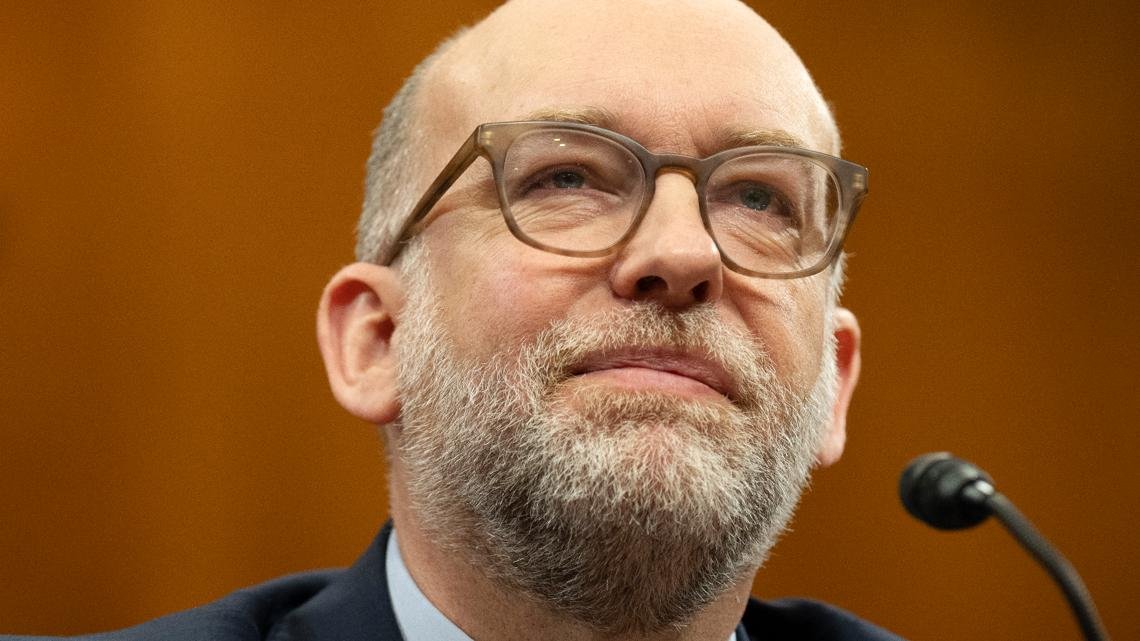cct-tracking
Senate Greenlights Russell Vought, Architect of Project 2025, to Command White House Budget Office

WASHINGTON, D.C. — The Senate has confirmed Russell Vought as White House budget director, a critical position that he is poised to leverage in President Donald Trump’s administration. The vote, which concluded late Thursday night, saw a tight party-line outcome of 53-47, highlighting the deep divisions in Congress.
During the voting process, Democrats attempted to voice their opposition but were cut short by presiding Republican Senator Ashley Moody, who enforced Senate rules limiting debate. This confirmation comes after a lengthy Democratic-led effort to impede Vought’s nomination, characterized by warnings of his extreme agenda.
Senate Democratic leader Chuck Schumer labeled Vought “the most dangerous nominee,” raising alarms about his influence over federal policies. Vought’s role at the Office of Management and Budget (OMB) will be pivotal as he reenters an office he previously led during Trump’s first term. The OMB is essential for shaping budget proposals and influencing agency rules aligned with the administration’s goals.
The newly confirmed budget director has been instrumental in drafting Project 2025, a conservative framework intended for Trump’s potential second term. Following legal hurdles, the OMB’s recent directive to freeze federal spending, which caused significant concern among state and nonprofit organizations, was eventually rescinded.
Republican senators presented a united front in support of Vought, asserting that his nomination would facilitate reduced federal spending and regulatory reform. Senate Majority Leader John Thune emphasized Vought’s capability to tackle pressing economic challenges through these measures.
Post-administration, Vought has founded the Center for Renewing America, a think tank focused on promoting Trump’s policy agenda. His advocacy for a confrontational approach to conservative fiscal policy reflects a broader strategy to cut federal programs aggressively.
In the context of his confirmation, Vought described the role of the budget director as akin to being the “President’s air-traffic control system,” asserting that the OMB must be integral to the White House’s policy-making process. His previous initiatives included plans to categorize a significant number of federal employees as political appointees, a move that could streamline personnel changes within the government.
Vought has also espoused controversial views on executive authority regarding budget allocations, implying that the president could selectively choose not to release funds passed by Congress based on his judgment of necessity. During hearings, he was careful to navigate inquiries on potential budget cuts, especially concerning aid to Ukraine, eliciting criticism from Democratic lawmakers.
Amidst these discussions, Vought’s endorsement of “Christian nationalism” has raised eyebrows, as he posits a vision of the U.S. as a government influenced by Christian principles without entirely separating church from state influences. His views have been encapsulated in previous writings, where he advocates for a strong Christian moral foundation in governance.

















